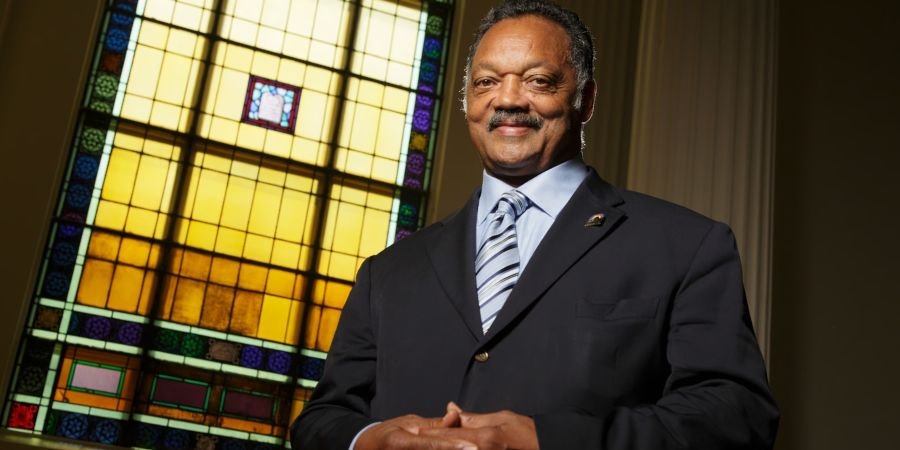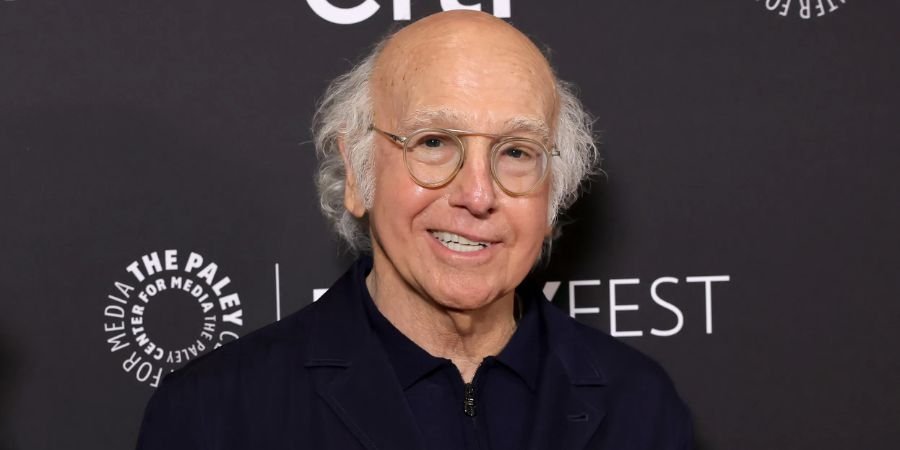The Middle East is a region where history and modernity intertwine seamlessly. Its ancient civilizations, rich traditions, and cultural diversity provide a profound foundation for innovation and economic progress. As the global business landscape evolves, the Middle East stands out by leveraging its cultural heritage to foster modern business practices, creating a distinctive competitive advantage.
This unique fusion of tradition and innovation has redefined how the region approaches entrepreneurship, global trade, and sustainability, positioning it as a significant player on the global stage.
Harnessing Cultural Heritage in Business Practices
Cultural heritage in the Middle East extends beyond history; it influences interpersonal relationships, business ethics, and organizational behavior. Deeply ingrained values such as hospitality, mutual respect, and loyalty create a business culture centered on trust and long-term relationships.
For example, traditional Arabic concepts like majlis (gathering spaces) have inspired modern boardroom dynamics, emphasizing open dialogue and consensus-building. Similarly, the emphasis on community and collectivism informs corporate social responsibility (CSR) initiatives, ensuring businesses contribute to societal well-being.
By integrating these cultural values into business operations, organizations create environments that prioritize collaboration and inclusivity, appealing to both local and international partners.
Revitalizing Cultural Identity Through Business
Modern businesses in the Middle East are not only drawing inspiration from cultural heritage but also actively revitalizing and preserving it. From architectural designs to branding strategies, traditional aesthetics are being incorporated into contemporary frameworks.
In cities like Dubai and Riyadh, innovative skyscrapers stand alongside historical landmarks, symbolizing a harmonious coexistence of past and future. Companies such as luxury retailers and hospitality brands weave traditional motifs, artisanal crafts, and regional flavors into their offerings, making them globally unique yet locally rooted.
This revival of cultural identity attracts global consumers seeking authenticity and aligns with the region’s vision to establish itself as a cultural and economic powerhouse.
The Role of Storytelling in Middle Eastern Businesses
Storytelling has been a cornerstone of Middle Eastern culture for centuries, with oral traditions passing down wisdom, history, and values. Today, this tradition is being translated into brand narratives that resonate deeply with audiences.
Brands like Al Jazeera, Emirates Airlines, and others craft compelling stories that highlight their regional roots and global aspirations. These narratives foster emotional connections, distinguishing Middle Eastern businesses in a competitive global market.
Storytelling also serves as a bridge between tradition and modernity, showcasing how businesses honor their heritage while embracing innovation.
Global Trade and the Silk Road Legacy
The Middle East’s historical role as a central node on the Silk Road underscores its expertise in trade and commerce. Centuries of facilitating exchange between East and West have ingrained a natural aptitude for global business within the region.
Today, the Middle East leverages this legacy by positioning itself as a logistics and trade hub. Ports like Jebel Ali in the UAE and special economic zones in Saudi Arabia and Oman continue the tradition of connecting global markets. The spirit of openness and adaptability, inherited from the region’s trading past, drives its ability to thrive in the face of evolving global dynamics.
Innovation Rooted in Tradition
The Middle East’s cultural heritage does not stand in opposition to modern innovation; rather, it serves as a fertile ground for new ideas. The Islamic Golden Age, a period marked by groundbreaking achievements in science, medicine, and engineering, serves as an enduring inspiration for today’s innovators.
Modern enterprises are channeling this legacy by investing in technology and education. Initiatives such as the King Abdulaziz City for Science and Technology (KACST) in Saudi Arabia and the Dubai Future Foundation exemplify the region’s commitment to cutting-edge advancements informed by historical excellence.
This blend of innovation and tradition ensures that progress is not only forward-looking but also deeply rooted in the region’s identity.
Sustainability Through Cultural Lenses
Sustainability is a growing focus in the global business arena, and the Middle East is uniquely positioned to contribute, drawing from cultural principles of balance and stewardship. Traditional practices such as water conservation and desert agriculture are being reimagined with modern technology to address environmental challenges.
Projects like Masdar City in Abu Dhabi and NEOM in Saudi Arabia exemplify how the region is leveraging its heritage to pioneer sustainable urban development. These efforts align with global sustainability goals while preserving the essence of regional wisdom.
By combining cultural knowledge with modern solutions, the Middle East is demonstrating how sustainability can be both innovative and culturally authentic.
Challenges and Opportunities
While the integration of cultural heritage into modern business offers significant advantages, it also presents challenges. Striking the right balance between preserving tradition and embracing change can be complex. Businesses must navigate these dynamics carefully, ensuring that modernization does not dilute the cultural essence that defines their unique identity.
However, this challenge also presents an opportunity. Companies that succeed in blending heritage with innovation not only set themselves apart but also contribute to the global appreciation of Middle Eastern culture.
A Model for the Future
The Middle East’s approach to integrating cultural heritage with modern business practices offers a model for other regions grappling with the challenges of globalization. By valuing tradition as a resource rather than a constraint, the region is proving that economic progress and cultural preservation can go hand in hand.
As the world becomes increasingly interconnected, the Middle East’s ability to maintain its identity while adapting to global trends positions it as a leader in fostering a balanced and inclusive global economy.
Conclusion
The Middle East’s cultural heritage is more than a legacy—it is a strategic asset that shapes its approach to modern business. By embracing the values, traditions, and wisdom of the past, the region is crafting a future that honors its identity while pursuing innovation and progress.
As businesses across the Middle East continue to draw strength from their cultural roots, they not only gain a unique competitive edge but also enrich the global business landscape. In this way, the Middle East demonstrates how cultural heritage can be a powerful force for shaping the future.
Read Also: Idriss Al Rifai: Pioneering a New Era in SME Financing









